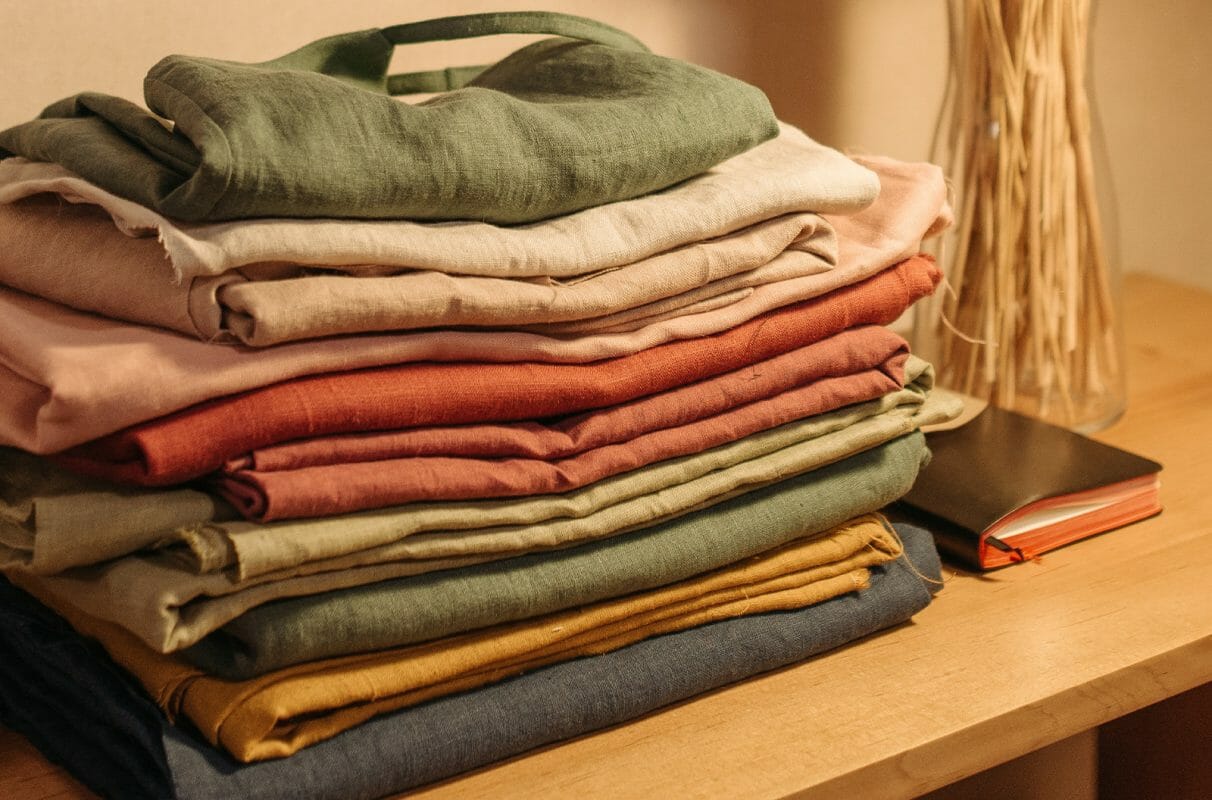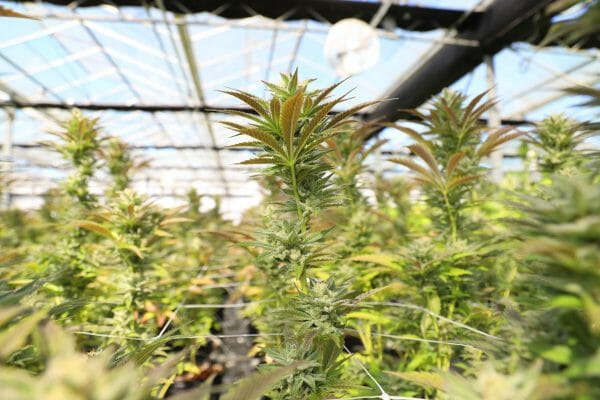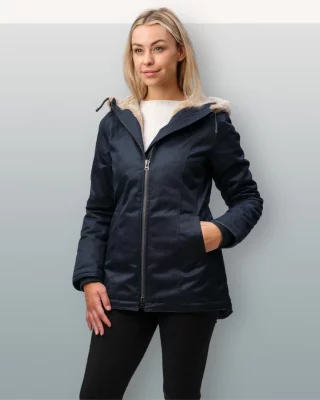No products in the cart.
Business Insights
The Sustainability Benefits of Hemp in the Clothing Industry
The Opportunity Provided by Hemp as a Material
For decades The Hemp Company has been a singular voice in Ireland promoting the potential of hemp as a fabric for its environmental benefits. Industrial hemp is a quick and easy-to-grow crop. Largely free from fertilisers, insecticides, and weed killers, it uses little resources, reduces water loss, soil erosion, and is one of the world’s most efficient sequesters of carbon. It was demonised and dumped unceremoniously due to pressure from the cotton industry in the 1930s and 1940s and the arrival of synthetic materials from petrochemical waste in the 1950s.
Cotton as a monoculture crop has wreaked a fair amount of havoc on the earth and along with the synthetics has contributed in no small way to the climate-chaos-mess, and pollution of the planet. It is undoubtedly time to turn this move on its head. This shocking and revealing docufilm from Stacey Dooley, investigative journalist and broadcaster, offers us all an eye-opener as to why this is such a big deal.
As the planet embraces a hemp renaissance, an opportunity is provided to SLOW DOWN the juggernaut of fast fashion and its apparent blindness to the negative impact uncontrolled production has on the world and its people. This will require us to re-examine everything about how we do fashion – from the growing of raw materials and the processing into coloured fabrics, through to manufacturing practice. It’s a big ask and will not happen overnight, but we have to start somewhere. Let’s start with HEMP!
Hemp Is A Carbon Negative Raw Material
If used as an alternative to carbon-based raw materials, hemp would allow us to capture and store a substantial amount of CO2. One tonne of harvested hemp stem represents 1.6 tonnes of CO2 absorption. On a land use basis, using a yield average of 5.5 to 8 t/ha, this represents 9 to 13 tonnes of CO2 absorption per hectare harvested. Therefore, hemp is capable of substantially contributing to the decarbonisation of essential products for a future-proof and thriving sustainable global economy.
Hemp Is Light On Resources
As our awareness increases and our focus turns further to what exactly it is that contributes to environmental damage; the usual suspects of chemical fertilisers, insecticides, and weedkillers, can all be reduced with traditional methods of growing industrial hemp. A dramatic reduction in water usage compared to that required for growing cotton and water loss that contributes to soil erosion, are further win-wins for the communities devastated by overproduction and mono-culture attributed to fast fashion. Less is definitely more for these people and the global environment we are all dependent on.
Hemp Offers A Chance To Reform Industrial Practice
The versatile nature of this plant potentially represents multi-billion € downstream markets, particularly in the manufacturing of reusable, recyclable and compostable biomaterials. A lot of research is currently happening in this area. However an extensive overhaul of processes like dying and finishing of cloth must also reflect our awareness of environmental impacts. It is not enough to grow ethically while continuing to treat raw materials unsustainably and dangerously at cost to the health of poor communities in the shadow of mass production facilities. Need proof? Check out this short video on YouTube
It is no longer a secret that global brands, both high street and high fashion, use unethical factories with underpaid workers to satisfy our lust for clothes. The mass-manufacture of these garments has contributed greatly to human suffering among vulnerable peoples of the world. To correct this inequality requires a mind-set change on behalf of the industry. It is the responsibility of us all to do what we can to make the world a better place and the climate crisis is hurtling us towards that understanding.
To shop the Hemp Company’s Slow Sustainable fashion range visit our website or pop into us in our Capel Street store





